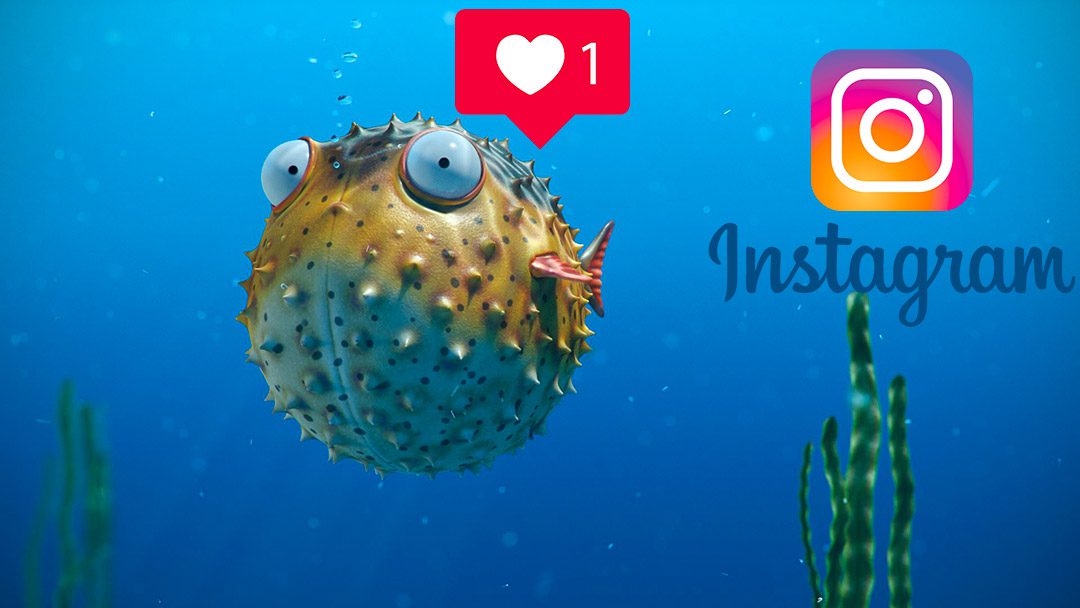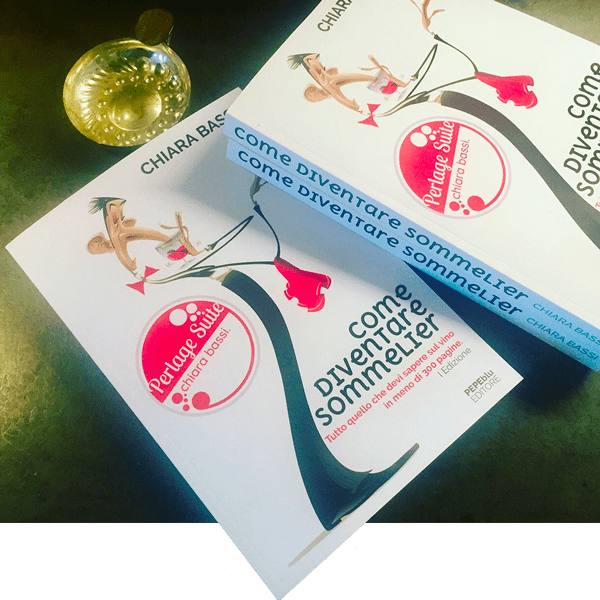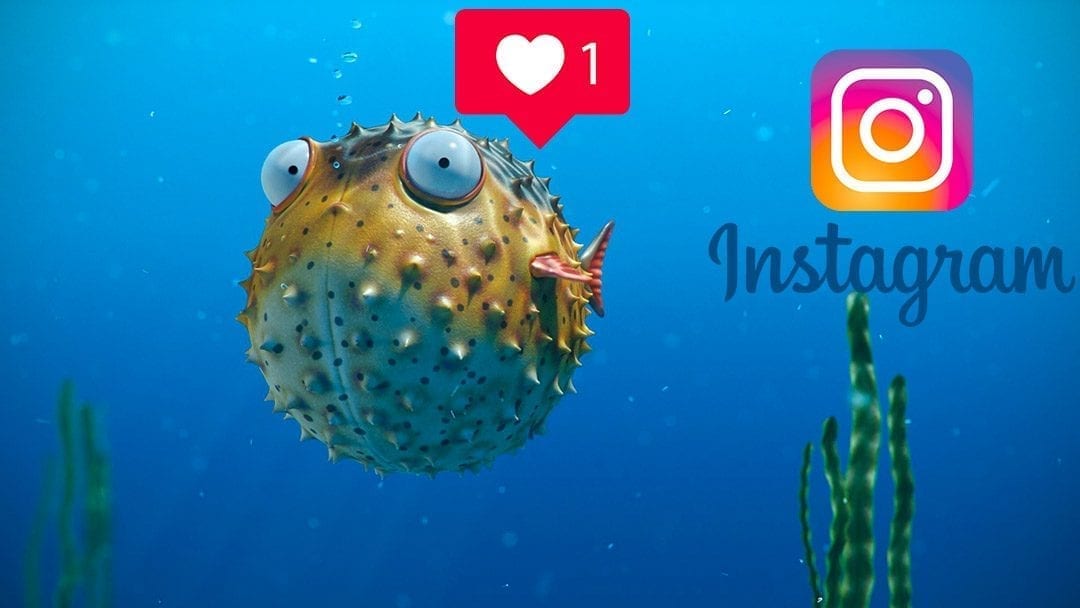It was October 2014, at the National Research Centre in Bologna. With Fabrizio, my closest friend and partner, we were taking a course on Social Marketing. I had just registered the domain of my first wine blog, cavatappi.org, and I did not even suspect that 5 years later I would become a wine blogger and this would be my main job. Even though I had always wanted a job that would make me free to live wherever I wanted, possibly lake view or sea view. Many are slaves to the system to the point that they work to buy a car to go to work with. And maybe they do not even have a house, or this house is not decent enough like their car. The concept of quality of life is a distant memory: people huddle together in huge apartment blocks, in ugly suburbs, like diligent industrious ants who never ask themselves whether this is really the life they want. Others, on the other hand, live by the day for fear of losing a vaunted freedom that they often do not even have. You know the cicadas that sing all summer and die of hunger and loneliness in winter? Be neither an ant nor a cicada: be an eagle, and remember that this one never flies in flocks. I know you are wondering what this premise has to do with Instagram's latest spin on influencers! In the age of digital, thanks also to the long period of crisis we are experiencing, new jobs have sprung up, including the blogger first and the social influencer later. This is good, absolutely good. I find it extraordinary that there are people capable of creating a market from scratch through their intelligence and talent. What I find less extraordinary, indeed rather annoying, is that the same tools that have made it possible to broaden horizons indefinitely have allowed the latest asshole to become a phenomenon on Instagram. And to make money from it too, often by deceiving companies that do not have the necessary internal or external expertise to assess whether these people are 'real influencers'.
I remember that day in October, Fabrizio looked at me and said: '.Never invest in a media you do not own. Where you do not make the rules, you will always be at the mercy of the interests of others". Well, never was advice more valuable! I have invested a lot of resources to make Perlage Suite one of the most read wine blogs in Italy. I have studied so much. I have spent hundreds of sleepless nights in the last five years. I gave a damn about Instagram, and even more about Facebook. I don't think I have even looked at my Facebook home page since I opened my profile. I will never understand someone who wastes his time to know all the capers of his former middle school neighbour. And I will never understand why a person has to be so insecure that he needs to show an inflated reality that makes his life more interesting so that he has social proof. Social networks are interesting and valuable for creating valuable content of any kind to share with the world, or for discovering it. It is a pity, however, that valuable content is as scarce as real influencers. And so it is that Instagram is filled with little girls and boys who are not so much influencers as 'influential' (in the sense that they have the nasty virus of fancazzismo), with numbers inflated by everything: when it goes well they use follow/unfollow bots and like and comment exchange groups, when it goes bad they buy 50,000 followers at the cost of two boxes of aspirin and act as wine marketing professors. I know less than a handful of good ones, who have been able to open up a market and create value for their followers. All the rest is rubbish. Cretins of all kinds who believe that being a wine blogger or wine influencer is cool because they give you things for free, without thinking that there is so much work and sacrifice behind it. You have to keep your ass glued to your chair even when it's 31 July and it's sunny and 40 degrees outside, that's it.
"We want your followers to focus on what you share, not on how many likes your posts get"
I read just a few days ago on my Instagram profile when I could no longer see the number of likes on other users' photos.
Luckily that Mark Zuckerberg phenomenon came to our rescue and has decided to deal another blow to the wine influencer market: it will no longer be possible to see the number of likes of a photo. Want to increase your followers and the engagement of your posts? Pay for healthy, regular and (hopefully) effective advertising! Blast the bots, the peddlers of followers and likes of his boots, who funnel money outside his platform! And most of all, burn these blessed influencers: can Coca Cola pay Selena Gomez €3.5 million to sip one of her sodas instead of investing that money in advertising on Instagram? Luckily there are 'good people' like Donald Trump which spent EUR 1 million a day on Facebook advertising to become President of the United States of America. No, but seriously... did you think that Instagram or Facebook were non-profit organisations to be used at your leisure and profit? Do you have any idea how much money it takes to run these platforms with all the crap people upload to their Facebook/Instagram profiles? All this content ends up 'somewhere' and this 'somewhere', to be always online with millions of users at the same time sucks up more resources than your mother-in-law's roast lamb at Easter. In this regard, just yesterday, again on Fabrizio's advice, I watched a very nice documentary on Netflix called The Great Hack - Privacy Violated. He tells how Trump's election and Brexit were achievements thanks to the work of Cambridge Analytica and Facebook who influenced thousands of people by showing them content optimised to generate fear and change their decisions. Fear kills intelligenceis a fact. Fear does not make us reason with our head or our heart. Fear just makes us swayable and controllable. And according to you, now that data has surpassed the value of oil, Instagram is going to sit back and shut up and watch influencers or supposed influencers blow millions in advertising revenue? That is, Instagram possesses the data it needs to make its advertisements extremely effective, but doesn't make full use of it because of the latest mom-blogger wannabe free nappy consumer? Should Instagram, which barely tolerates Chiara Ferragni, Selena Gomez or Cristiano Ronaldo, also tolerate these millions of corporate-lark mirrors?
The final genius? To pass off the operation of removing likes from photos as a choice made for the mental health of users who, by doing so, will have less performance anxiety and be less engaged in the hunt for likes. Really, they are geniuses... of crime though. This like move has only one purpose: to eliminate fake influencers and (perhaps) lower the cache of real influencers who, unfortunately for Instagram, are paid directly by brands. I too am sometimes paid by some brands -never wineries, for goodness sake- to share content on Instagram and showcase their products or facilities. However, as another is my core business, I am among those wine bloggers who are happy to see Mark take it upon himself to increase his advertising revenue. And businesses should be happy about that too: distinguishing a real influencer from an influencer inflated by unorthodox tricks is often not so simpleand some people only need to see thousands of followers to be misled and spend money on campaigns that at most will earn them an out-of-season illness!
Instagram in Italy alone has 22 million subscribersmore than a third of the population. Practically everyone, if we consider infants, young children and the elderly. Some of these profiles were involved in the 'hidden likes' test. I invite you to read this article published by Roberto Buzzatti in Forbeswhich sheds light on the "Pufferfish Strategy' of many Instagram profiles.
And here we come to the point: in a 2.0 society where the individual value seems to be the number of followers and likes, everyone, more or less, resorts to little helpers to inflate their numbers by trying to appear more influential than they really are.
I call it 'Blowfish strategy". You puff yourself up to look bigger than you are. But we all know the puffer fish and, rather than influencing us, he makes us smile a little because only he thinks he scares someone.
[…]
Impossible to keep growing with automatisms, buying followers is a jackpot as they can all come, only some or none and in the following days you never know if they will still be there. The price of likes, on the other hand, has grown so much because the procedures for sending them are much more complex and Instagram's filters block most of them. The parallel market of cheap notoriety is starting to creak badly and the puffer fish are starting to deflate.
[…]
All this, according to many, will be the grave of influencers who, without being able to show off their impressive yet fake numbers, will lose appeal to their following.

It's about time! I am certain that this measure will do away with the inflated-influenced-junk influencers and leave us only with the real influencers, those who make information by publishing content of value to their target audience. To the benefit of your user-experience: do you know how sad it is to have to deal every day with a robot commenting and liking you instead of a real person actually interacting with you? Let's say it's like making love to a blow-up doll... you may achieve intercourse to some extent, but a real person who puts passion, if you're lucky even feeling, into it is something else entirely.
Hiding the likes and tightening the controls will eventually make everyone happy:
- Zuckerberg and 'family' will go back to earning money from advertisements, now the only possibility for growth.
- Users will have less junk content and interactions with real people.
- Brands will not risk their money on influencers who will never bring anything to their company.
- Smart social media managers will make a comeback as the only valuable tool to really grow on Instagram.
- Real influencers will make even more money and can take the luxury of publishing one more piece of content so who cares if a few people shit on it.
It only remains to be seen what will become of the puffer fish and who will feed his already low self-esteem.
However, don't feel too sorry for him: he is almost always an emotional person who will quickly forget his (fake) success on Instagram, just in time to replace it with a new tool capable of giving him new intense emotions.
Cheers 🍷
Chiara

I have the very last copies of my book 'How to become a Sommelier' at home with immediate delivery! Buy it now and study under the parasol, at the beach or by the pool!
Everything you need to know about wine in less than 300 pages. The handbook is designed for all aspiring sommeliers, but is also very useful for 'already sommeliers' who want to brush up or for winelovers who want to start giving their passion a concrete foundation.

